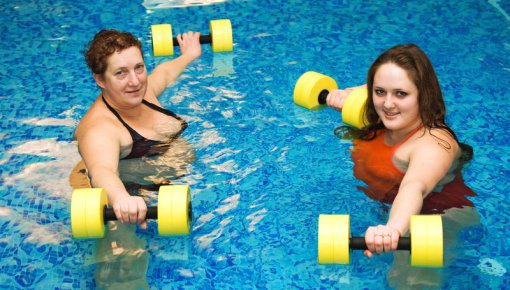The ointments weren't enough
I have moderate psoriasis. For about the last 15 years I've been taking medication with fumaric acid esters in it. I started on a low dose because your body has to get used to the medication first. It's pretty strong, so I go for regular blood tests and urine tests.
After seven years of taking the medication, I had some abnormal liver readings so my doctor and I decided I should stop taking it. But then the psoriasis returned again – all over my body. The ointments I used after that didn't really help much, unfortunately. After half a year without the fumaric acid treatment, my liver had recovered enough so I started taking it again and have been taking it since. It really worked again, my skin is better now.


